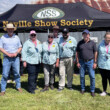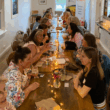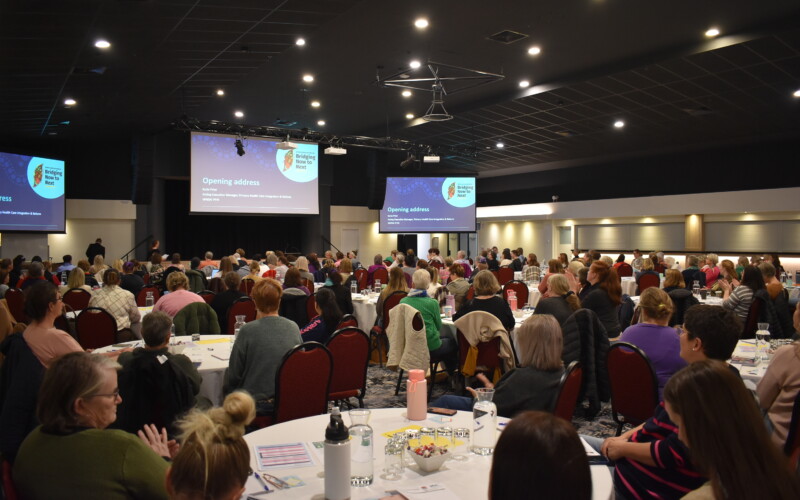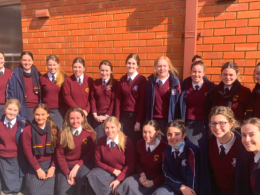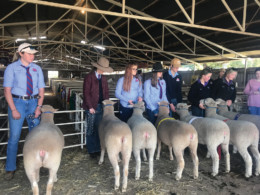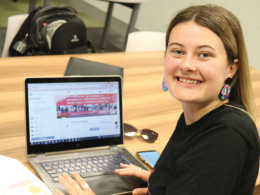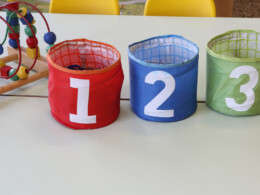314 healthcare professionals (including practice nurses, nurse immunisers and Aboriginal Health Practitioners), gathered last month in Orange, Dubbo and Broken Hill at the Western NSW Primary Health Network’s (WNSW PHN) Annual Immunisation Conference.
The WNSW PHN, in partnership with the Western NSW Local Health District and the National Centre for Immunisation Research and Surveillance provided a platform for the sector to learn, collaborate and reaffirm their commitment to vaccination.
Held during National Reconciliation Week, the conference began by paying respect to Aboriginal and Torres Strait Islander people. This year’s National Reconciliation Week theme of Bridging Now to Next highlighted the significance of collaboration, reflection, and unity—values central to the immunisation sector’s goals.
A diverse panel of specialist speakers including Dr Archana Koirala, Dee Brogan, Prof. Julie Leask, Dr Victor Carey, Priscilla Stanley, Belinda Tracy, Fiona Quinn, Kim Rice, Kendal Ball, Wendy Holmes and Alice Gordon delivered insights into immunisation coverage, public health challenges, and emerging threats.
WNSW PHN CEO, Brad Porter said the conference sessions were designed to support immunisation workers with the latest updates on vaccines, local coverage data, best practice in catch-up schedules, managing anaphylaxis, and immunisation in immunocompromised patients.
“We also explored current advice on COVID-19, influenza, RSV, local Q fever, arbovirus and pneumococcal disease, and discussed how to have respectful, evidence-based conversations with patients who have vaccine safety concerns,” Mr Porter said.
Mr Porter said the success of the annual WNSW PHN Immunisation Conferences, which has been running for over a decade, signifies an opportunity to listen, learn and grow stronger together.
“Immunisation remains as one of the most effective medical interventions available.
“Community-led health strategies are essential to maintaining and increasing vaccine confidence, especially among First Nations populations.
“Vaccines save between 3.5 and 5 million lives globally each year – it’s our collective effort that make this possible,” Mr Porter said.
This year’s conference reflected the passion, professionalism and commitment of the region’s immunisation workforce.
“Whether it was discussing practical strategies, sharing real-world experiences or diving into the evidence — the energy in the room showed just how dedicated our health professionals are to keeping our communities safe.
“These conferences are more important than ever, supporting the sector to collaborate and work through challenges,” said Mr Porter.
Vaccination rates in the Western NSW region have been relatively high, but we are seeing some concerning declining rates reflecting national trends, both in infants and children under five years of age.
The latest data from the Australian Immunisation Register shows the region boasts the highest coverage rates in the country for five-year-olds (96.34%) and third place for Aboriginal children (97.17%).



